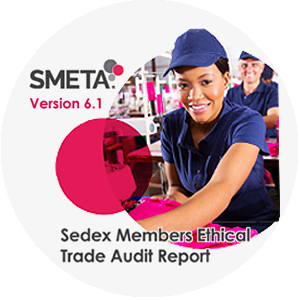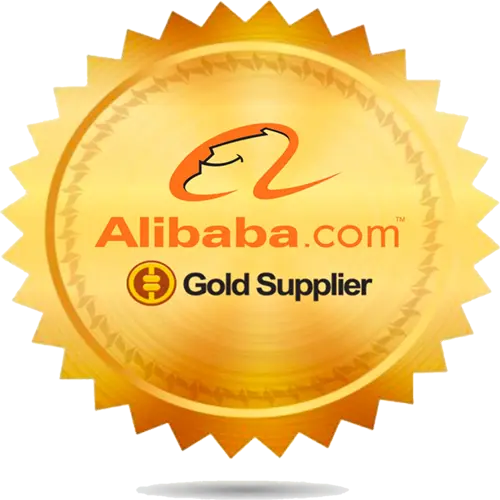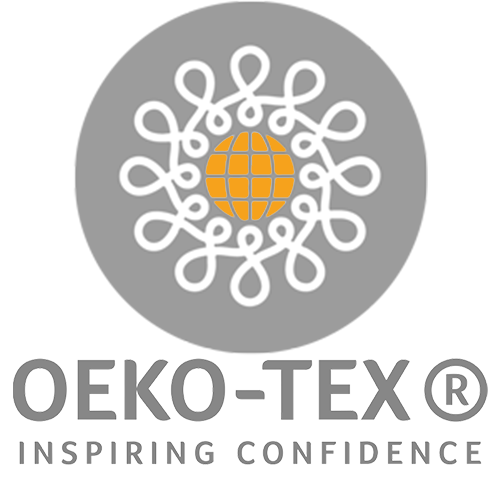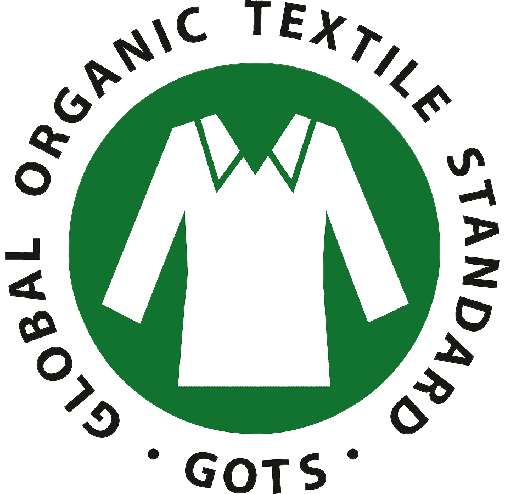Clothing Manufacturers
For Brands That Want To Stand Out
One-Stop Fashion Development & Custom Clothing Manufacturer
Clothing Manufacturers
High-Quality Custom Apparel Production

Welcome to JFapparel, your leading provider of high-quality custom apparel manufacturing. We offer a full suite of services, including fabric sourcing, design and prototyping, quality control, and sustainable production practices.
Our process ensures the selection of premium fabrics, precise cutting and sewing, innovative printing and embroidery, and professional finishing, all while maintaining rigorous quality checks. Whether you require innovative designs or eco-friendly production, our expertise is here to meet your needs.
Choose JF Apparel for our extensive experience, innovative technology, and global reach. Contact us today to get your custom apparel solutions and quotes.
Request a quote for more details
Key Elements of Quality Clothing Manufacturing

Clothing manufacturing is a complex process involving multiple steps and rigorous quality control. Understanding these steps helps appreciate the entire journey from concept to finished product.
Design & Development
The foundation of quality clothing manufacturing starts with meticulous design and development. This involves:
- Conceptualization: Collaborating with clients to understand their vision.
- Technical Drawings: Creating detailed sketches and specifications.
- Prototyping: Developing initial samples to refine the design.
Fabric Selection
Choosing the right fabric is crucial for quality. Key considerations include:
- Material Properties: Ensuring the fabric suits the garment’s purpose.
- Sustainability: Opting for eco-friendly and ethically sourced materials.
- Quality Testing: Checking for durability, colorfastness, and comfort
Sample Making
Sample making is an essential step to ensure design accuracy:
- Fit and Function: Testing the garment on models to perfect the fit.
- Revisions: Making necessary adjustments to achieve the desired look and functionality.
- Client Approval: Presenting samples for client feedback and approval.
Bulk Production
Efficient bulk production maintains consistency and quality:
- Advanced Machinery: Utilizing state-of-the-art equipment for precision.
- Skilled Workforce: Employing experienced workers to oversee production.
- Production Planning: Streamlining processes to meet deadlines without compromising quality.
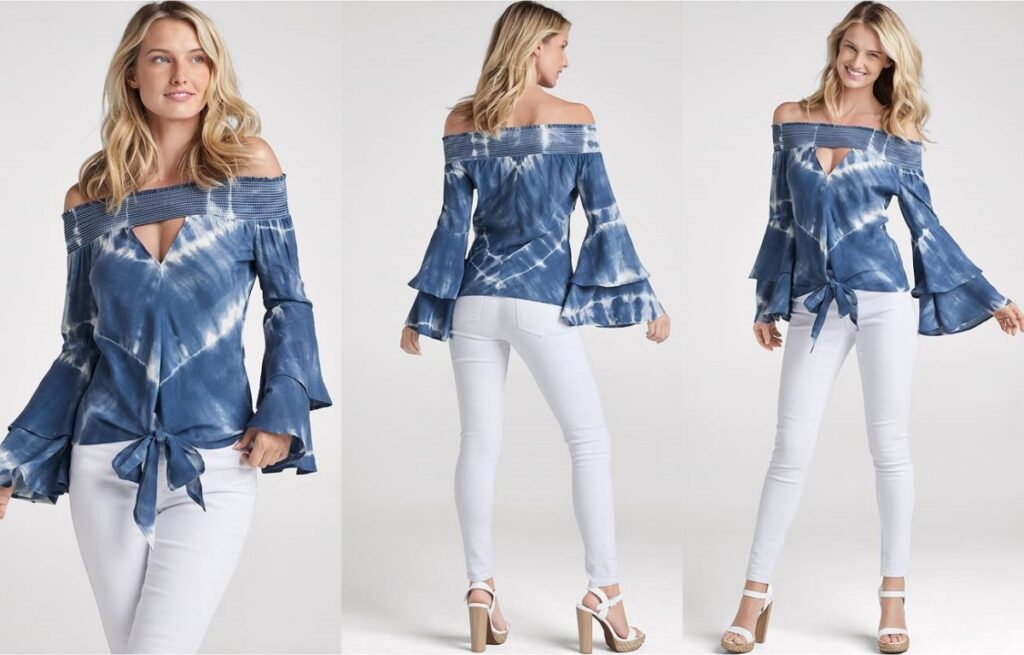

Quality Control
Rigorous quality control measures ensure each piece meets high standards:
- In-line Inspections: Checking garments at various stages of production.
- Final Inspections: Conducting thorough checks on finished products.
- Compliance: Ensuring all products meet industry standards and client specifications.
Packaging & Shipping
Effective packaging and shipping are vital for preserving product quality:
- Custom Packaging: Using tailored solutions to protect garments.
- Efficient Logistics: Coordinating shipping to ensure timely and safe delivery.
- Sustainability: Implementing eco-friendly packaging practices.
Ethical and Sustainable Practices
Commitment to ethical and sustainable practices enhances product value:
- Fair Labor: Ensuring fair wages and safe working conditions.
- Environmental Impact: Reducing carbon footprint through green practices.
- Community Engagement: Supporting local communities and initiatives.
Customer Feedback and Improvement
Continuous improvement is driven by customer feedback:
- Client Reviews: Collecting and analyzing feedback to identify areas for improvement.
- Innovation: Implementing new techniques and materials based on client needs and market trends.
- After-sales Support: Providing ongoing support to ensure client satisfaction.
Top 10 Best-Selling Women's Clothing of 2024
(Featured Products)

Based on the latest big data analysis and trend reports, here are the top 10 best-selling women’s clothing items of 2024. These products are widely popular and highly rated for their excellent design and quality.
Nike Sports Bra
- Description: High support and breathable, perfect for various sports.
- Examples: Nike Favorite Bra
- Intended Use: Ideal for workouts and sports activities Nike Sports Bra.
Levi’s 501 Jeans
- Description: Classic straight-leg jeans, durable and versatile.
- Examples: 501 Original Fit
- Intended Use: Suitable for casual wear and various activities (Levi’s).
Burberry Trench Coat
- Description: A timeless trench coat suitable for all occasions.
- Examples: Kensington Heritage Trench
- Intended Use: Ideal for formal and casual settings (Burberry).
Free People Boho Dress
- Description: This bohemian-style dress is known for its unique design and comfortable fabric.
- Examples: Juniper Dress
- Intended Use: Perfect for summer and casual outings (Free People).
Calvin Klein Underwear Set
- Description: Comfortable and stylish underwear set.
- Examples: Calvin Klein Modern Cotton
- Intended Use: Suitable for daily wear (Calvin Klein).
Lululemon Align Pant 28″
- Description: These leggings are loved for their comfortable fabric and high-waist design.
- Examples: Align Pant 28″
- Intended Use: Perfect for yoga and everyday wear (Lululemon)
Patagonia Nano Puff Jacket
- Description: Lightweight and warm, this jacket is a winter essential.
- Examples: Nano Puff Jacket
- Intended Use: Ideal for cold weather and outdoor activities (Patagonia).
Everlane Organic Cotton T-Shirt
- Description: Made from organic cotton, this T-shirt is comfortable and eco-friendly.
- Examples: Organic Cotton Crew
- Intended Use: Suitable for various daily activities (Everlane).
Reformation Wrap Dress
- Description: Elegantly designed and made from sustainable materials.
- Examples: Kourtney Wrap Dress
- Intended Use: Ideal for formal occasions (Reformation).
Madewell Denim Jacket
- Description: This denim jacket is popular for its classic design and high-quality materials.
- Examples: The Denim Jacket in Ashford Wash
- Intended Use: A must-have for spring and fall (Madewell).
Data Sources:
The purpose of this showcase is to highlight the best-selling women’s clothing of 2024. Each product is provided with a brief description, examples, and intended uses.
Let’s work together to create more popular styles for your brand.
Find High-Quality Fashion Manufacturing Partners with JF Apparel

At JF Apparel, we make it easy to connect with top-notch fashion manufacturers, whether you’re in the US,UK and Australia or anywhere globally. Utilize cutting-edge fashion technology to simplify your workflow and partner with verified Chinese manufacturers ready to take on your projects.
Whether you’re in the early stages of product development or struggling to find factories with suitable minimum order quantities, JF Apparel has the right solutions to meet your needs. Let us help you elevate your business with reliable and high-quality manufacturing partnerships.
FEATURED
Manufacturer:Jinfeng Apparel
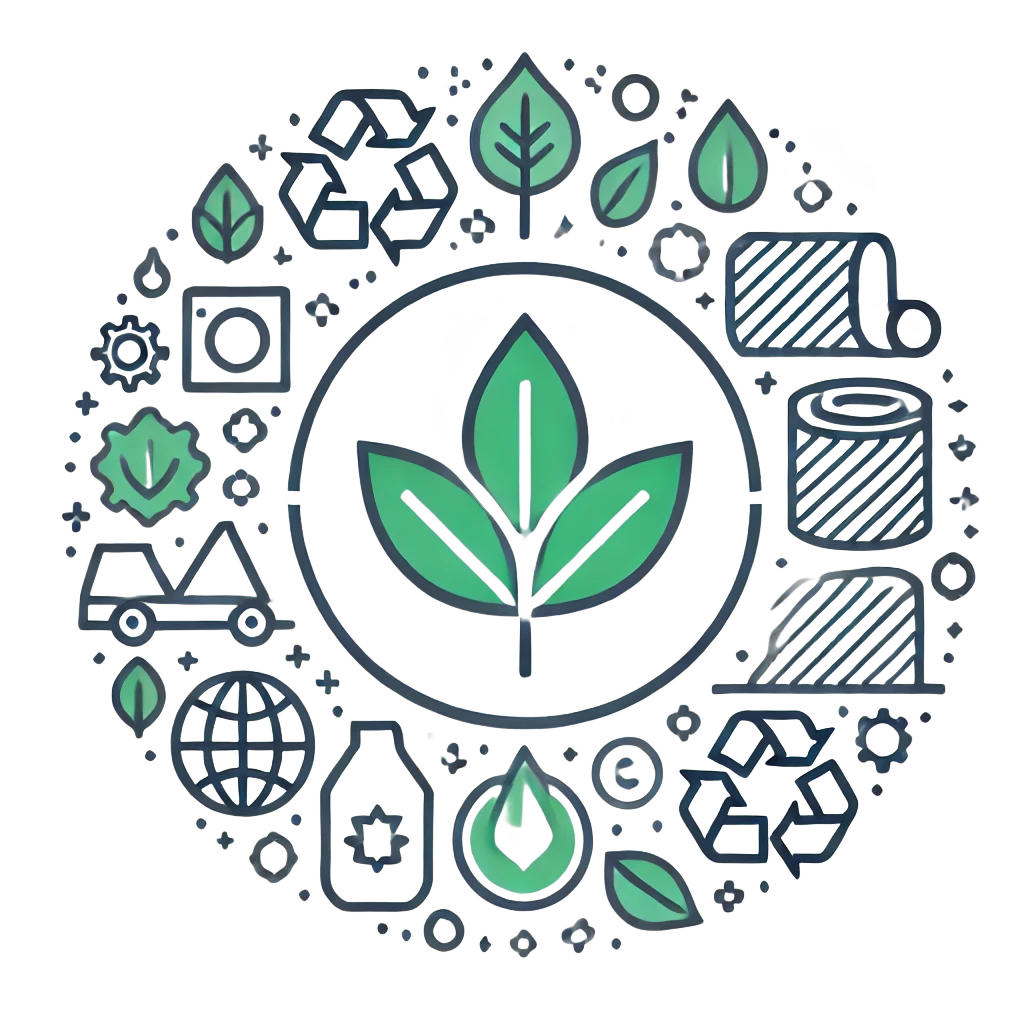
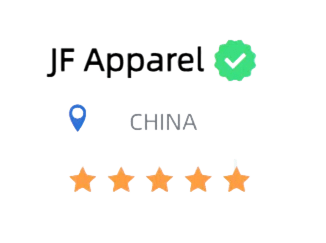

How long have you been working in fashion manufacturing?
Our factory has been operating for over 20 years. We have built a team of experts by promoting and training from within, resulting in low staff turnover and team members who have honed their skills with us for over a decade.
For us, it’s crucial to provide the best quality clothing for our clients while ensuring excellent working conditions and security for our dedicated team. This commitment helps us maintain a motivated and skilled workforce.
What makes JF Apparel special?
JF Apparel stands out due to our dedication to quality and innovation in fashion manufacturing. Our strong roots in China allow us to leverage local expertise and cutting-edge technology. We are committed to sustainable practices and ethical labor, making us a trusted partner for brands looking to create exceptional clothing.
What do you love about working with new designers?
The influx of new ideas and brands makes our work dynamic and exciting. We enjoy supporting start-up brands, offering them opportunities to create high-quality clothing and helping them grow in the fashion industry. Collaborating with new designers keeps our approach fresh and innovative.
Through these efforts, JF Apparel strives to elevate the fashion industry by providing top-tier manufacturing services and fostering a dynamic, collaborative environment.
- Chinese Clothing Manufacturers
Market Size: The scale of China’s apparel market reached approximately $330 billion to $340 billion in 2023.
Annual Growth: The industry is expected to grow at an approximate annual rate of 4% to 5%.
Employment: Millions are employed in China’s fashion sector, driving innovation and efficiency.
Key Players: Global brands like Nike, Zara, H&M, Adidas, Patagonia, Everlane and The North Face leverage Chinese manufacturing for customization and faster delivery.
China’s manufacturing prowess makes it an ideal location for high-quality apparel production. If you’re looking to scale your fashion business, JF Apparel is your trusted partner. We have curated a list of top-tier Chinese factories and local experts, ensuring seamless connections and high-quality production.
Our verified Chinese production partners are equipped to handle all aspects of your business, from technical drawings and pattern grading to full-scale production with stringent quality control procedures.
Starting a clothing line can be complex, but JF Apparel simplifies the process. Our secure platform and payment system protect your interests, ensuring a smooth and efficient journey. Whether you are in the early stages of product development or seeking to optimize production, JF Apparel can help you find the perfect Chinese clothing manufacturer to collaborate with your fashion brand.
Supporting Data:
- Market Value:approximately $330 billion to $340 billion.
- Annual Growth Rate: Approximately 4% to 5%.
- Employment: Millions in the fashion industry.
- Top Brands: Zara, H&M, Nike, Adidas, Under Armour, Patagonia, The North Face.
- Manufacturing Hub: Dongguan, known as the “World’s Factory” and a leading city in apparel manufacturing.
JF Apparel leverages China’s strengths to provide exceptional manufacturing solutions, helping you achieve your brand’s vision with efficiency and reliability.
All About China
China, located in East Asia, is the world’s most populous country with over 1.4 billion people. It is renowned for its rich history and rapid technological advancements. Major cities like Beijing, Shanghai, and Shenzhen are global centers of finance, technology, and manufacturing.
Tourism and Economic Highlights
China attracts over 65 million tourists annually, drawn by landmarks such as the Great Wall, Forbidden City, and Terracotta Warriors. The country’s major cities contribute significantly to tourism revenue, reflecting its cultural and economic vitality.
Dongguan: The Manufacturing Powerhouse
Dongguan, known as the “World’s Factory,” is a leading city in apparel manufacturing, making it a key player in the global fashion industry.
Key Statistics:
- Population: Over 1.4 billion.
- Tourism: Attracts over 65 million tourists annually.
- Economic Centers: Beijing, Shanghai, and Shenzhen.
Choosing China for manufacturing provides access to unparalleled production capabilities, skilled labor, and innovative technologies. With JF Apparel, you benefit from the best that China has to offer in quality, efficiency, and sustainability.










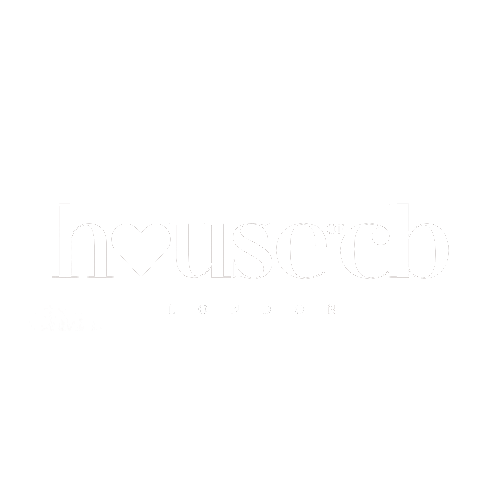
Future Trends in Clothing Manufacturing

Sustainability continues to be a major focus in the apparel industry. Companies are increasingly using recycled materials, biodegradable fabrics, and eco-friendly manufacturing processes to reduce their environmental footprint. This shift is driven by consumer demand for ethical and environmentally responsible products (StartUs Insights) (ApparelMagic).
AI is revolutionizing the apparel industry by optimizing various processes, from design and manufacturing to sales and customer service. AI-driven tools are used for demand forecasting, quality control, and even generating digital fashion designs, enhancing efficiency and reducing waste (ApparelMagic) (World Fashion Exchange).
Advancements in smart textiles are enabling the integration of technology into fabrics, such as sensors that monitor health metrics or adjust to body temperature. These intelligent fabrics are not only enhancing the functionality of clothing but also providing new opportunities for innovation in fashion design (ApparelMagic) (StartUs Insights).
3D printing technology is being adopted for both prototyping and production, allowing for the creation of complex designs with minimal waste. This technology supports on-demand manufacturing, which reduces inventory costs and environmental impact (ApparelMagic).
The circular economy model promotes the recycling, upcycling, and repurposing of materials to extend the lifecycle of products. This approach is gaining traction as brands strive to minimize waste and create more sustainable production systems (World Fashion Exchange).
Transparency and traceability are becoming critical as consumers demand to know more about the origins and production processes of their clothing. Technologies like blockchain are being used to ensure end-to-end visibility, enhancing trust and accountability in the supply chain (World Fashion Exchange).
The adoption of digital technologies such as ERP (Enterprise Resource Planning) and PLM (Product Lifecycle Management) systems is streamlining operations and improving efficiency. These tools provide valuable insights and analytics that help businesses make informed decisions and adapt quickly to market changes (Aptean).
The use of robotics in apparel production is increasing, particularly for tasks like sewing and cutting. Automation not only boosts efficiency and precision but also helps mitigate the impact of labor shortages and reduces production costs (ApparelMagic) (World Fashion Exchange).
These trends collectively point towards a more sustainable, efficient, and technologically advanced future for the clothing manufacturing industry. Embracing these innovations will be key for brands looking to stay competitive and meet the evolving demands of consumers. For more detailed insights, you can explore the reports on StartUs Insights and ApparelMagic.
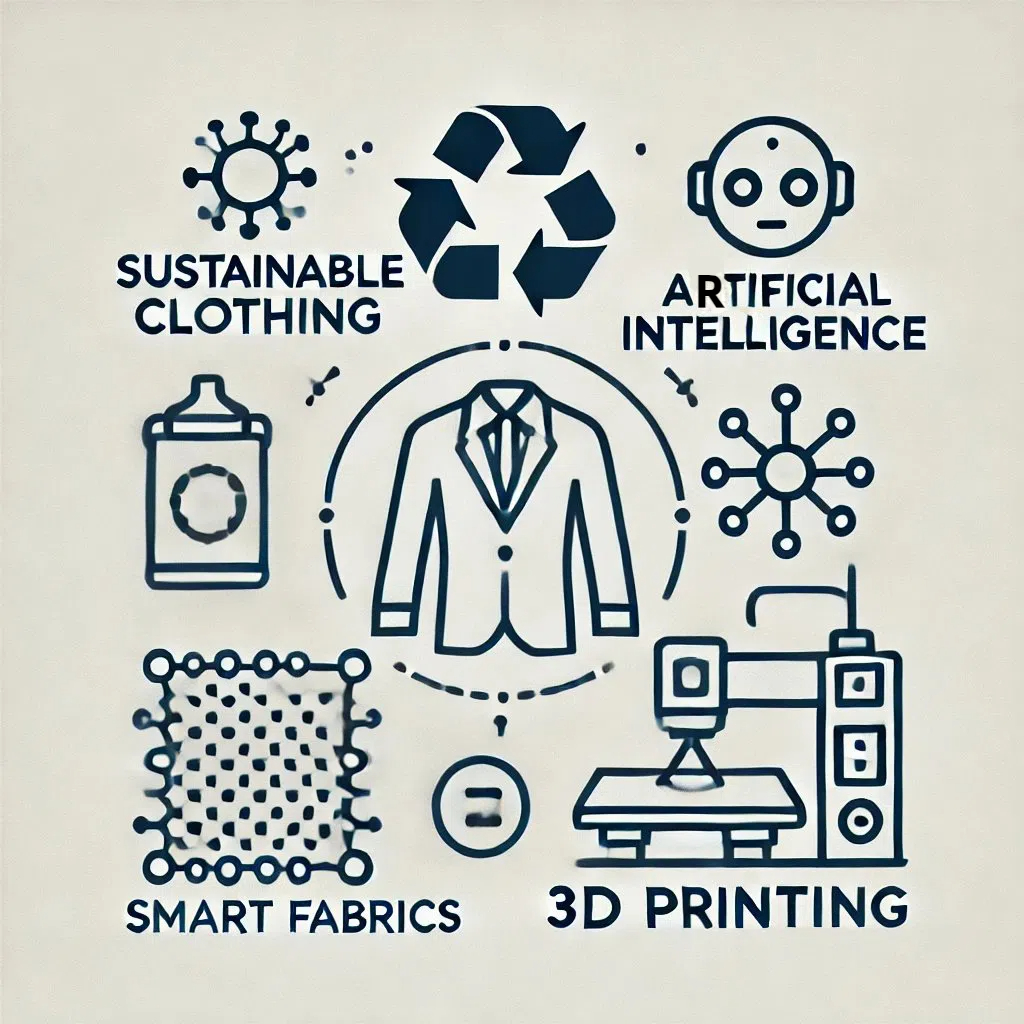
Ready to start?
The best Clothing manufacturer that produces higher standards and more durability through custom designs and superior factory production.
How to Find a High-Quality Clothing Manufacturer

Choosing the right clothing manufacturer is a critical decision that can greatly impact the success of your fashion brand. Here are key factors to consider:

5. Sustainability and Ethical Practices
Consider manufacturers that adhere to sustainable and ethical practices:
- Materials: Look for manufacturers using eco-friendly materials.
- Labor Practices: Ensure they follow fair labor practices and comply with local labor laws.
- Environmental Impact: Assess their efforts to minimize environmental impact.
6. Communication and Responsiveness
Effective communication is crucial for a successful partnership:
- Responsiveness: Evaluate their responsiveness to your inquiries.
- Language: Ensure clear communication, especially if dealing with overseas manufacturers.
- Transparency: Look for a manufacturer that is transparent about their processes and pricing.
7. Sample Production
Request samples to evaluate the quality and craftsmanship:
- Prototypes: Ask for prototypes or sample garments to check the quality.
- Turnaround Time: Assess the time taken to produce samples.
8. Cost and Pricing Structure
Understand the manufacturer’s pricing structure and ensure it fits your budget:
- Quotes: Obtain detailed quotes for production costs.
- Payment Terms: Clarify payment terms, including deposits and final payments.
- Additional Costs: Inquire about any additional costs, such as shipping or duties.
9. Location and Logistics
Consider the manufacturer’s location and its impact on logistics:
- Proximity: A local manufacturer may offer advantages in communication and shipping.
- Lead Times: Assess the lead times for production and delivery.
10. Contracts and Agreements
Formalize the partnership with a clear contract:
- Terms: Clearly define the terms of the agreement, including deadlines, quality standards, and payment terms.
- Non-Disclosure Agreement (NDA): Protect your designs and intellectual property with an NDA.
1. Identify Your Needs
Before searching for a manufacturer, clearly define your requirements:
- Type of Clothing: Decide whether you need a manufacturer for casual wear, formal wear, sportswear, etc.
- Volume: Determine the scale of production you need—small batch or large scale.
- Quality Standards: Specify the level of quality you expect.
- Budget: Establish your budget for production costs.
2. Research Potential Manufacturers
Conduct thorough research to identify potential manufacturers:
- Online Directories: Use platforms like Alibaba, Makers Row, or ThomasNet to find manufacturers.
- Industry Networks: Attend trade shows, fashion expos, and industry events to meet manufacturers.
- Referrals: Seek recommendations from industry contacts or other brands.
3. Evaluate Experience and Expertise
Assess the manufacturer’s experience and expertise in your specific niche:
- Portfolio: Review their previous work and client portfolio.
- Specialization: Ensure they have experience producing the type of clothing you need.
- Reputation: Check reviews and testimonials from other clients.
4. Quality Control Measures
Ensure the manufacturer has robust quality control processes in place:
- Inspection Protocols: Ask about their inspection procedures and quality standards.
- Certifications: Verify if they hold relevant certifications (e.g., ISO, WRAP).

Choosing the right clothing manufacturer involves careful consideration of various factors, including experience, quality control, sustainability, communication, and cost.
By thoroughly researching and evaluating potential manufacturers, you can find a reliable partner that meets your production needs and supports the success of your fashion brand.
For further insights, don’t miss our guide on [The 10 Best Women’s Clothing Manufacturers in China].
Have More Questions?

We’re happy to answer any questions you have about our products or working with our factory.

